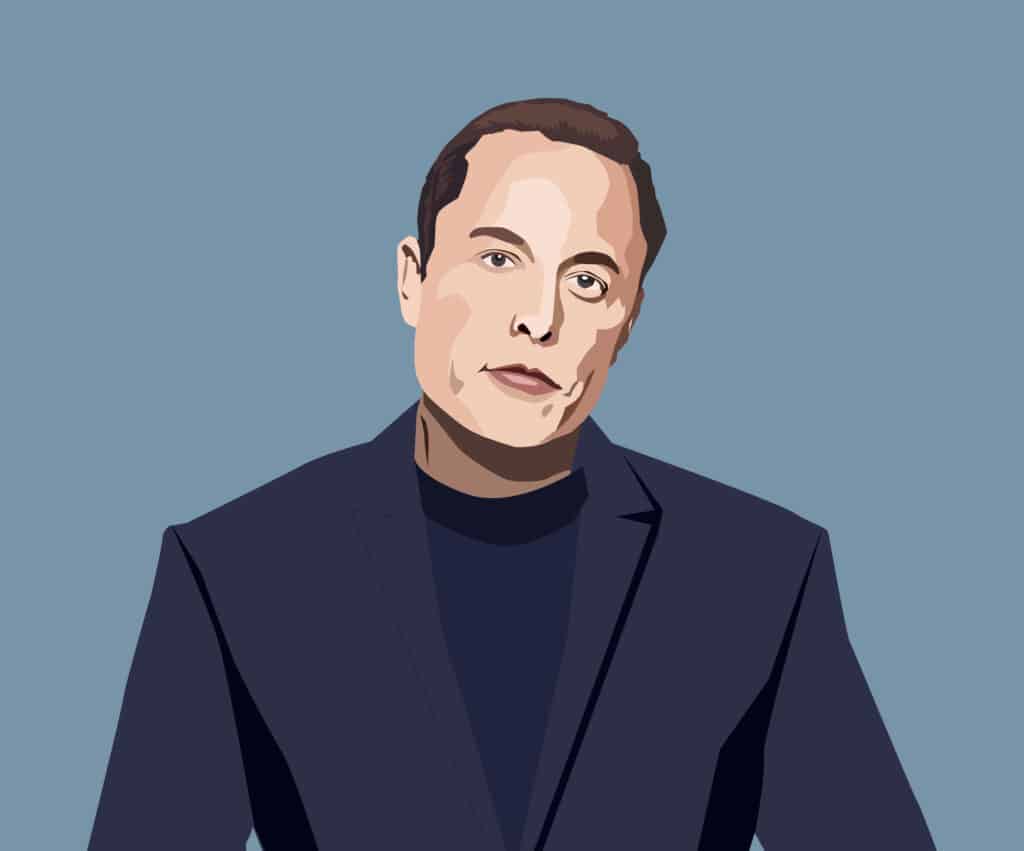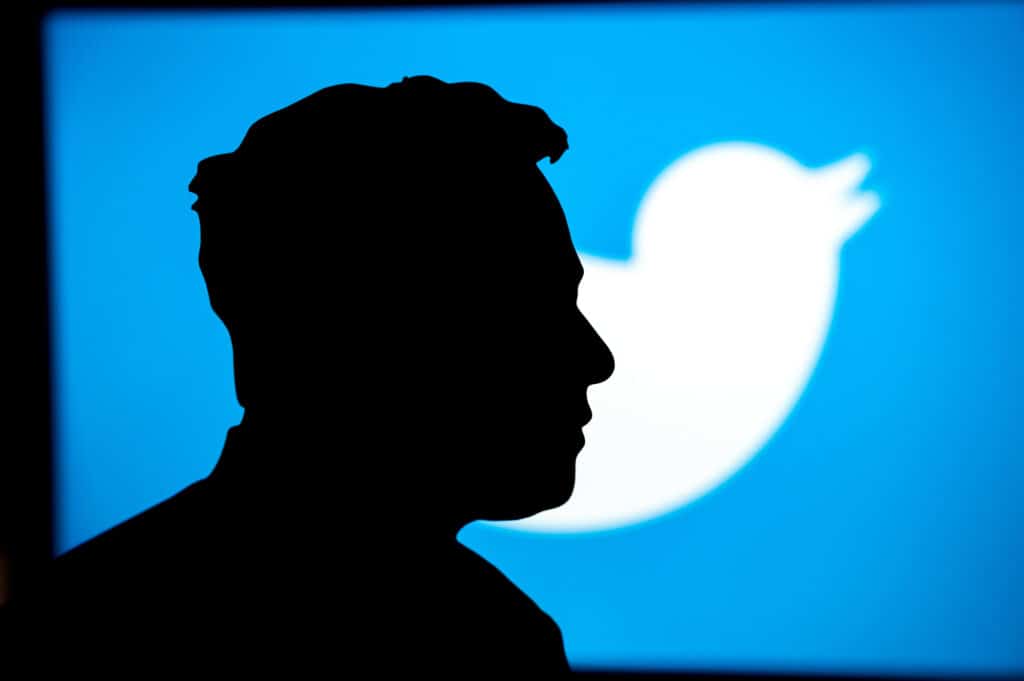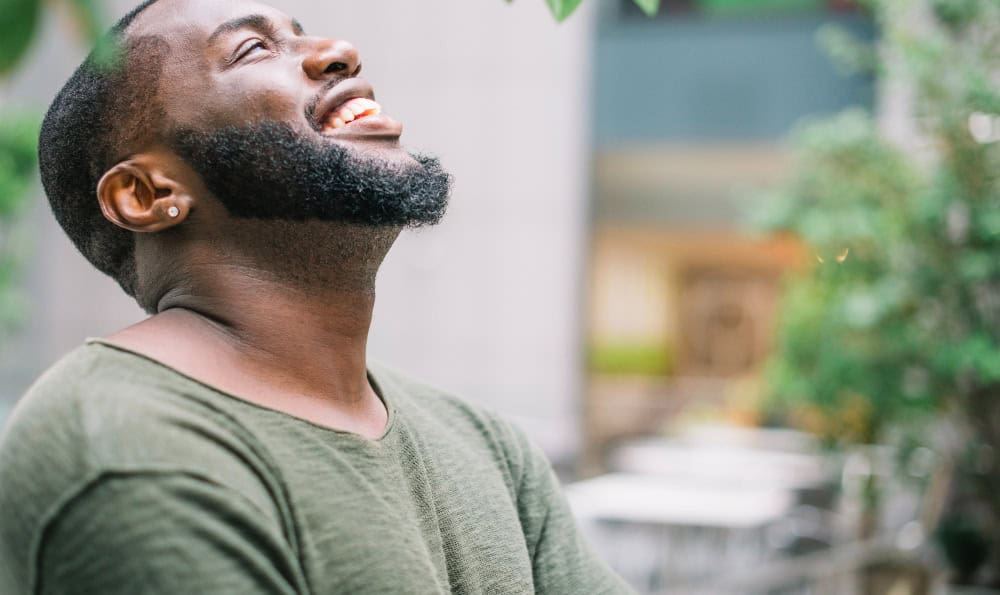Elon Musk has been cast as the villain in the Twitter takeover saga, and the tech entrepreneur is arguably embracing his heel turn. After 75% of remaining Twitter employees reportedly chose severance over Musk’s draconian “long hours at high intensity,” he tweeted a meme of Twitter’s logo on a gravestone.
— Elon Musk (@elonmusk) November 18, 2022
More recently, he trolled some of Twitter’s biggest advertisers, threatened to go to war with Apple and tweeted “My pronouns are Prosecute/Fauci.”
Maybe it’s not surprising Dave Chappelle’s audience booed Musk, but rather than piling on, I want to express empathy for him.
Musk publicly revealed he has Asperger’s syndrome* when he hosted SNL in 2021, and has since spoken more seriously about having this neurodiverse diagnosis, which is part of the autism spectrum disorder (ASD).
People with Asperger’s can focus intensely, go deep on complex problems, and give great attention to every detail. Musk has described himself as a nano-manager and these traits helped drive incredible technological successes at Space X and Tesla, among his other endeavors.
But Musk’s Achilles heel (and part of the profile of Aspergers) not knowing how to read people or emotions. This is the great irony of Musk’s Twitter adventure, as Helen Lewis writes in The Atlantic:
“The big trouble for Musk is that the challenges of Twitter do not resemble the concrete, easily explicable goals of his other businesses… With Twitter, the problem he’s trying to solve is human…Dealing with people is not rocket science. It’s much harder.”
Dealing with people is hard for anyone, and it may be harder for Musk. His challenge is magnified by the fact his top advisors are money people with a similar ethos (venture capitalists, Silicon Valley entrepreneurs) and lawyers.
Musk’s “success to date is not an accident,” early Twitter investor Chris Sacca tweeted. “But I’ve recently watched those around him become increasingly sycophantic and opportunistic. Simply put, agreeing with him is easier, and there is more financial and social upside.”
Who is there to help Musk address his people problem? Humans aren’t cogs in a machine, or physics problems waiting to be solved. Both as a platform and as a company, Twitter is part of the social-emotional economy. Running Twitter is not like shutting down underperforming stores. When you ask unreasonable things of employees they’re not going to put up with your nonsense. Not anymore, at least.
As a parent of a neurodiverse child, I know that success comes when you play to the kid’s strengths and bolster their weaknesses. My son Abe has ADHD. He can organize any group of kids at a playground – regardless of age or whether he’s just met them. However, without structure he’s going to literally walk around in circles until he finds something to do with his intense energy, often including something, well, something I’d just rather not have him do.
Almost nobody has more material resources than Mr. Musk, one of the world’s richest people. But people skills are not his strength, and his current advisors aren’t helping. It’s not about being hardcore, or layoffs – it’s about relating. And leading. Musk is NOT relating well to his employees or what inspires people. Twitter is a place where people share ideas, which generates waves of emotion. Trust is important.
Musk needs someone like Rachel Botsman, Adam Grant, Simon Sinek or Brene Brown to help him realize he’s not doing science anymore; he’s doing human interaction and leadership. Maybe Jonah Hill can spot him a couple sessions with Stutz?
And we, as a society, are missing the opportunity to realize Musk is not going to get this right on his own. And he’s definitely not going to run Twitter for the common good if we keep talking about how he’s doing it wrong.
Take FDR as an example of a powerful empathetic leader. Part of what gave FDR his magic was his sensitivity and warmth. His own physical limitations gave him vast pools of empathy during the Depression. FDR could relate/understand being in need and needing support.
We didn’t focus on FDR’s inability to walk and he found support for his limitations.
Instead of mocking or castigating Musk, we need to help him. And he needs to recognize he needs the help. At the very least, his advisors can support him toward the help he needs instead amplifying his weakness.
It’s painful to watch this person, with an inordinate amount of power not get the tough love. He’s getting sycophantic love and a lot of hate but not that mix of a good strong “no.”
I flip my dog on her back when she’s barking out of her depth. I love her, and I need to reset the power structure. He needs one of those. Historically, this is when bad things happen. Bad things are happening.
Let’s not blame the scorpion for its sting or Musk for his neurodiversity. He’s got many many strengths. And some rather glaring weaknesses. We can do better than this good / evil thing. It’s more complex than that and we’ll all benefit from acknowledging the nuances of neurodiversity.
*2/9/23 Since posting this piece, it was brought to my attention that Aspergers is a term that is not in favor. In fact, Hans Asperger was involved with cruelty toward those he diagnosed. My understanding is that the preferred term is autism, or “on the spectrum”.




